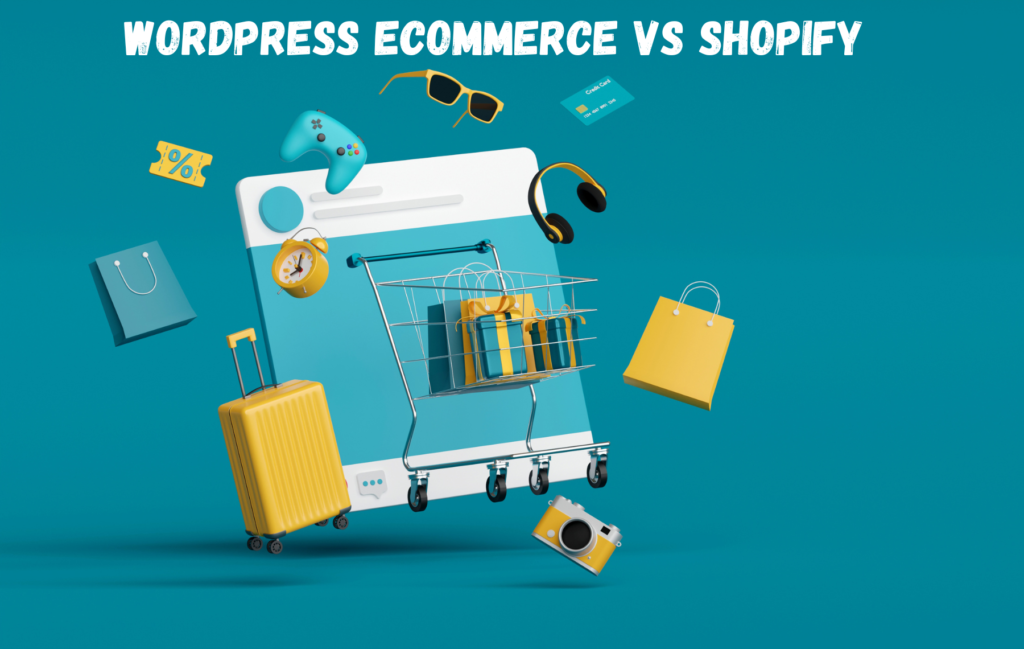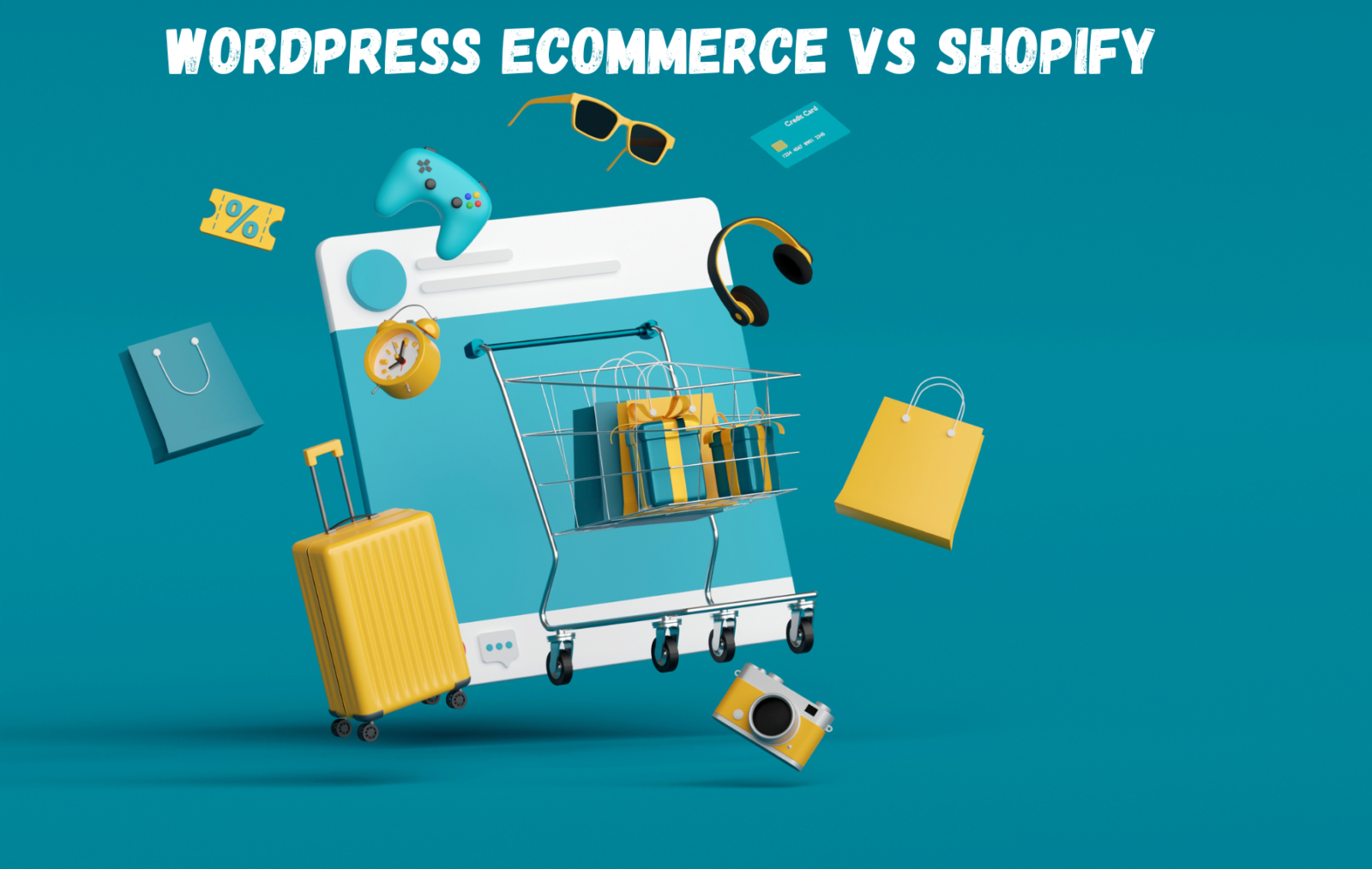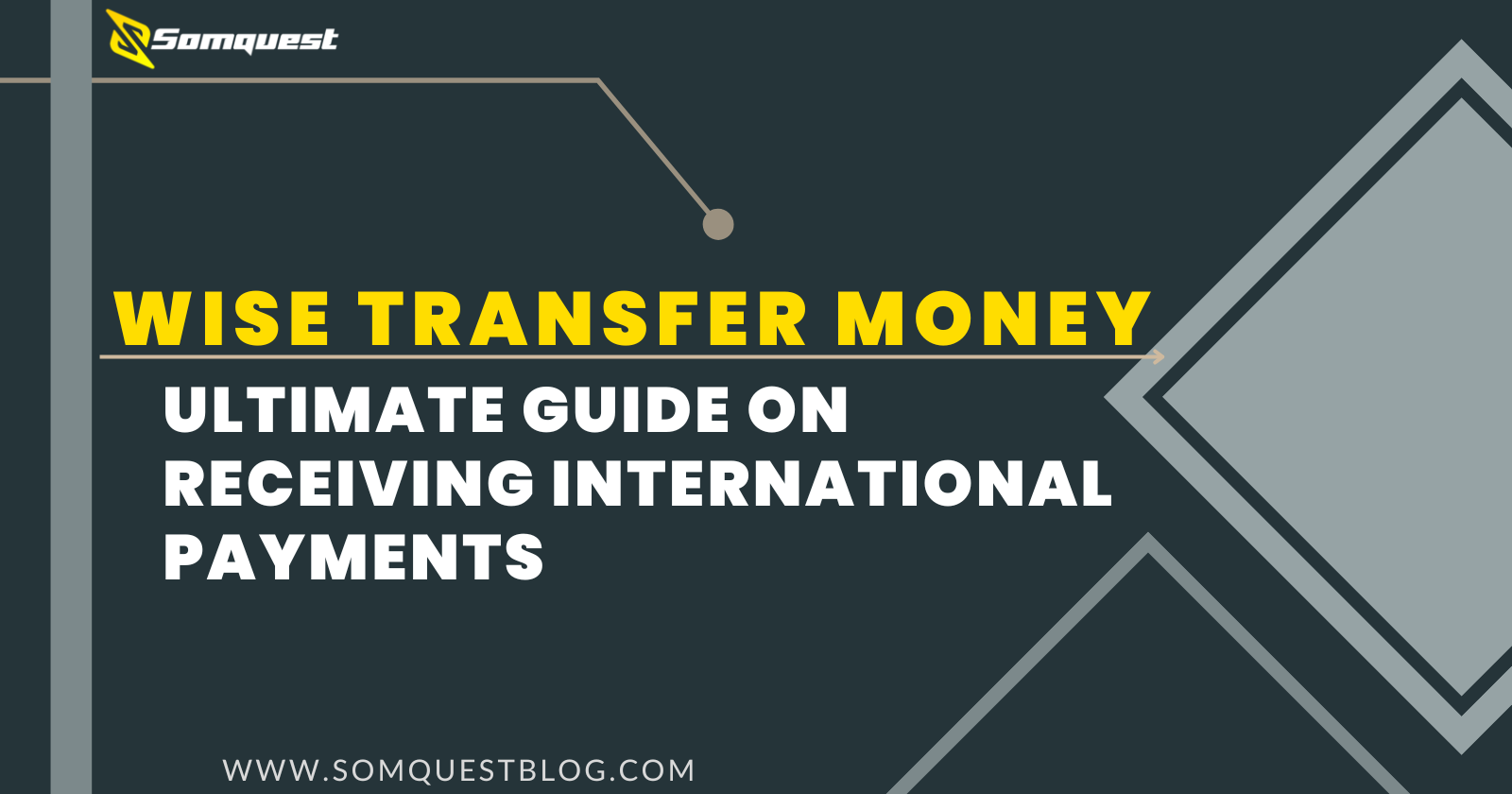When considering WordPress eCommerce vs Shopify, you might wonder which platform is better for SEO. Many entrepreneurs are torn between these two popular options, as each has its own pros and cons. If SEO is your top priority, WordPress often takes the lead due to its flexibility and a wide range of optimisation plugins.
Shopify, on the other hand, is known for its simplicity and ease of use, making it a great choice for those new to eCommerce. However, it has some limitations when it comes to customisation and advanced SEO techniques. You’ll also find that while Shopify offers built-in tools, WordPress gives you complete control over your site’s SEO settings, allowing for greater potential in search visibility.
As you explore Shopify vs WordPress, it becomes clear that your choice should align with your specific needs and goals for your online business. Understanding the differences between these platforms can help you make an informed decision that will benefit your store’s visibility and growth. Let’s learn it in details.
Table of Contents
Evaluating SEO Capabilities

When considering eCommerce platforms, understanding their SEO capabilities is key to your online success. Both WordPress and Shopify have strengths and weaknesses in SEO tools, on-page optimisation, site speed, and user experience. Let’s take a closer look at these important factors.
SEO Tools and Plugins
WordPress is known for its vast array of SEO plugins. Tools like Yoast SEO and All in One SEO Pack let you fine-tune your website’s SEO. They help with tasks like creating XML sitemaps, optimising meta tags, and conducting keyword analysis. With these tools, you can improve search visibility, making it easier for customers to find you.
Shopify, on the other hand, has built-in SEO features that cover the basics. You can easily edit title tags and meta descriptions. While it lacks the depth of customisation found in WordPress plugins, it offers apps like SEO Manager to enhance your store’s SEO capabilities.
Is Shopify The Best For Online Stores? | Pros & Cons of Shopify
On-Page SEO and Content Management
WordPress shines when it comes to on-page SEO and content management. The platform allows for easy blog integration, which is beneficial for content marketing. Regularly updated content can boost your SEO rankings. You can create engaging articles, landing pages, and product descriptions that attract visitors.
Shopify enables basic content creation too, but it’s less flexible. While you can add blogs and pages, the options are not as extensive. This limitation can hinder advanced content marketing strategies. If you plan to focus heavily on content, WordPress might suit you better.
Site Speed and Performance
Site speed significantly impacts SEO. A fast-loading website improves user experience and reduces bounce rates. Shopify generally excels in this area due to its hosted nature. The platform optimises performance, ensuring swift loading times.
WordPress can be fast, but it depends on your hosting provider, theme, and plugins. Poorly chosen plugins or themes can slow your site down. To maintain speed, you may need to invest in a good hosting plan or performance optimisation tools.
Mobile Responsiveness and User Experience
Mobile responsiveness is crucial for SEO, given the increasing number of mobile shoppers. Both Shopify and WordPress offer mobile-friendly themes. Shopify automatically optimises its templates for mobile, ensuring a seamless user experience.
With WordPress, you can choose responsive themes, but it requires a bit more effort to maintain. Ensuring your site looks good and functions well on mobile devices is essential. A positive experience on any device boosts SEO and keeps customers coming back.
In summary, when evaluating SEO capabilities, consider how each platform aligns with your goals.
Comparing eCommerce Functionalities

When choosing between WordPress and Shopify, understanding their eCommerce functionalities is crucial. Both platforms have unique features that cater to different business needs, from product management to payment gateways. This will help you decide which tool best fits your eCommerce goals.
Product Management and Customisation
In WordPress, managing products is flexible and powerful, primarily due to plugins like WooCommerce. You can easily customise product listings with detailed descriptions, tags, and categories. The platform allows for extensive visual and functional customisation, enabling you to build an online store tailored to your brand.
Shopify, on the other hand, offers simplicity and ease of use. Its product management system is user-friendly, allowing you to add and manage products quickly. Customisation is also available, yet it’s somewhat limited compared to WordPress. You can create unique pages using themes, but extensive modifications may require coding knowledge or third-party apps.
Checkout Process and Security
Shopify provides a streamlined checkout process designed to convert visitors into customers. It features a built-in shopping cart, and the checkout can be customised slightly to align with your branding. Security is robust, with SSL certification included and PCI compliance, ensuring customer data is safe.
With WordPress, you can also create an effective checkout process using WooCommerce. It allows for various customisable checkout fields to suit your needs. You’ll need to handle security at the hosting level, as WordPress doesn’t automatically include SSL. However, with the right plugins and a good hosting provider, you can secure your customers’ data effectively.
Payment Gateway Integration
Payment integration is straightforward on both platforms, but they differ in options. Shopify supports a variety of payment gateways, making it easy for customers to buy using their preferred method. The platform includes its own payment solution, Shopify Payments, simplifying transactions without additional fees.
WordPress offers flexibility with payment gateways as well. You can choose from numerous plugins to accept payments, but this means you might spend more time setting things up. The process can involve additional steps, but it allows for custom solutions tailored to your specific needs.
Scalability and Business Growth
When it comes to scalability, Shopify shines. As your business grows, Shopify can handle increased traffic without a hitch. It offers various plans that allow you to scale seamlessly. You also benefit from built-in tools for analytics and sales tracking as your business expands.
WordPress is highly scalable too, but it often requires more management. You’ll need to ensure your hosting can handle growth and may need to upgrade plugins or themes to match increased functionality or traffic demands. Overall, both platforms can support growing businesses, but Shopify tends to be more hands-off in this area.
Cost Analysis and Financial Considerations

When choosing between WordPress and Shopify, costs play a big role. You need to think about initial investments, ongoing fees, and any hidden charges. Understanding these aspects will help you see which platform fits your budget.
Initial and Ongoing Costs
Shopify has clear pricing plans that range from £19 to £299 per month. Each plan offers different features, with higher tiers providing more advanced tools. This makes it easy for you to choose a plan according to your needs.
WordPress costs can vary widely. While the software itself is free, you’ll need a domain and hosting, which can add up to about £50 to £300 annually. Additionally, premium themes and plugins can increase your total costs. Remember that ongoing expenses like hosting renewals and security updates are also a factor.
Transactional Fees and Charges
Shopify charges a transaction fee if you don’t use its payment gateway, Shopify Payments. These fees can range from 0.5% to 2% per sale, depending on your plan. Using Shopify Payments avoids these fees but requires you to accept its terms.
With WordPress, if you use plugins like WooCommerce, there are no transaction fees from the platform itself. However, you may face charges from payment processors like PayPal or Stripe, which generally take around 2.9% plus a small fixed fee. Understanding these fees helps you budget better for each sale.
Maintenance and Additional Expenses
Maintenance can differ greatly between the two platforms. Shopify is a fully hosted solution, meaning they handle updates and security for you. This convenience comes at a price but saves you time.
WordPress requires regular updates to themes and plugins, which can involve additional costs if you hire someone to manage it. You should also consider costs for backups and security services. Depending on your choices, these expenses could range from £50 to £200 or more each year. Knowing these potential costs helps you manage your resources effectively.
WordPress Ecommerce VS Shopify

When it comes to setting up an online store, two of the most popular platforms are WordPress (often combined with WooCommerce) and Shopify. Each has its unique features, advantages, and potential drawbacks. Here’s a detailed comparison to help you decide which option is best for your e-commerce needs.
1. Ease of Use: Shopify vs WordPress
WordPress (WooCommerce):
– WordPress is a versatile content management system (CMS) that requires a bit of a learning curve, especially if you’re new to website building. Installing WooCommerce to turn your WordPress site into an e-commerce store adds another layer of complexity.
– However, once you get the hang of it, WordPress offers extensive customization options.
Shopify:
– Shopify is designed specifically for e-commerce, making it user-friendly and straightforward. Setting up a store can be done in a matter of minutes, thanks to its intuitive interface.
– It offers a range of templates and built-in features, allowing you to launch your store quickly without needing technical skills.
2. Customization: Shopify vs WordPress
WordPress (WooCommerce):
– WordPress is highly customizable. With thousands of themes and plugins, you can tailor your store to fit your brand’s needs. This flexibility allows for unique designs and functionalities.
– However, extensive customization may require coding knowledge or hiring a developer.
Shopify:
– Shopify provides a variety of themes and apps, but it’s more limited in customization compared to WordPress. While you can make significant changes to your store’s appearance, deep customization may be restricted unless you’re familiar with Liquid (Shopify’s coding language).
3. Cost: WordPress Ecommerce VS Shopify
WordPress (WooCommerce):
– WordPress is open-source and free to use, but you will incur costs for hosting, domain registration, and potentially premium themes or plugins. Depending on your choices, costs can vary widely.
– WooCommerce itself is free, but certain extensions may have fees.
Shopify:
– Shopify operates on a subscription model, with various pricing tiers that include hosting, security, and support. While it simplifies budgeting, costs can add up with transaction fees and app subscriptions.
– The basic plan starts at a fixed monthly fee, which can be more predictable for new businesses.
4. Payment Processing
WordPress (WooCommerce):
– WooCommerce supports various payment gateways, including PayPal, Stripe, and others. You can choose the one that fits your needs best.
– However, you may need to set up and configure these gateways, which can be a bit technical.
Shopify:
– Shopify offers a built-in payment processor called Shopify Payments, which simplifies transactions. It also supports multiple payment gateways.
– Transaction fees apply if you use external payment processors, but the overall payment experience is seamless.
5. SEO Capabilities: Shopify VS WordPress SEO
WordPress (WooCommerce):
– WordPress is known for its strong SEO capabilities. With plugins like Yoast SEO, you can optimize your store for search engines effectively.
– You have full control over your SEO settings, including meta tags, URLs, and more.
Shopify:
– Shopify has decent SEO features, but it may not be as flexible as WordPress. You can optimize your store, but some limitations exist, such as URL structure.
– However, Shopify does handle much of the technical SEO aspects automatically.
6. Support and Maintenance
WordPress (WooCommerce):
– With WordPress, you’re responsible for maintaining your website, including updates, backups, and security. This can be time-consuming and may require technical knowledge.
– Community support is available, but you may need to seek help from forums or hire professionals for complex issues.
Shopify:
– Shopify provides 24/7 customer support, which is a significant advantage for those who prefer not to handle technical issues on their own.
– The platform manages updates and security, allowing you to focus more on running your business.
7. Scalability
WordPress (WooCommerce):
– WordPress can be highly scalable, but this often depends on your hosting provider and how well you optimize your site. As your business grows, you may need to invest in better hosting solutions.
Shopify:
– Shopify is built for scalability, making it easy to handle increased traffic and sales without worrying about technical issues. Its infrastructure is designed to support growing businesses seamlessly.
Conclusion: Shopify vs WordPress
Choosing between WordPress (WooCommerce) and Shopify largely depends on your specific needs, technical skills, and business goals. If you prioritize ease of use and quick setup, Shopify might be the better choice. However, if you seek extensive customization and control over your store, WordPress with WooCommerce could be the ideal solution. Consider your long-term plans and what features matter most to you before making a decision.
Frequently Asked Questions
Is wordpress or Shopify better for SEO?
When it comes to SEO, WordPress generally offers more flexibility and control, allowing users to optimize their sites extensively with plugins like Yoast SEO. This platform enables detailed customization of meta tags, URLs, and content structure, which can enhance search engine visibility. On the other hand, Shopify provides decent SEO features but has some limitations in URL structure and customization, making WordPress the preferred choice for those who prioritize advanced SEO capabilities.
Which platform is more cost-effective for e-commerce, Shopify or WordPress?
Shopify has monthly fees starting from £22, plus transaction fees, which can add up. In comparison, WordPress is free to use, but you need to budget for hosting, themes, and plugins. Depending on your needs, WordPress can be more cost-effective, but Shopify offers an all-in-one solution without additional costs.
For SEO purposes, should one opt for Shopify or WordPress?
WordPress is generally favoured for its robust SEO capabilities. With plugins like Yoast SEO, you can optimise your site easily. Shopify does have built-in SEO features, but it lacks the same level of flexibility compared to WordPress, especially when customising URLs and meta tags.
What are the pros and cons of using Shopify versus WordPress for dropshipping businesses?
Shopify excels in dropshipping with its user-friendly interface and integrated apps. It allows seamless connection with suppliers. WordPress, while flexible, requires more setup and technical knowledge. You need the WooCommerce plugin for dropshipping, which may not be as straightforward as Shopify’s built-in options.
When considering Shopify and WordPress for an affiliate marketing venture, which platform offers better support?
Shopify provides 24/7 customer support, making it easier to get help when you need it. WordPress has a vast community and extensive online resources, but your support may depend on the theme and plugins you choose. For quick resolutions, many find Shopify’s direct support more beneficial.
Between Shopify, WordPress, and Wix, which service is superior for starting an e-commerce website?
Shopify is geared specifically for e-commerce and offers strong features for selling products. WordPress is highly customisable but requires more setup time. Wix is user-friendly but lacks the e-commerce depth of Shopify. If your focus is solely on e-commerce, Shopify stands out as the top choice.
How does WordPress compare to Shopify in terms of e-commerce capabilities for the year 2024?
In 2024, Shopify continues to lead in dedicated e-commerce functionality with streamlined checkout processes and numerous apps. WordPress, with WooCommerce, remains powerful but may require more ongoing maintenance and updates. If you prioritise ease of use, Shopify might be more appealing, while WordPress offers greater customisation.
















